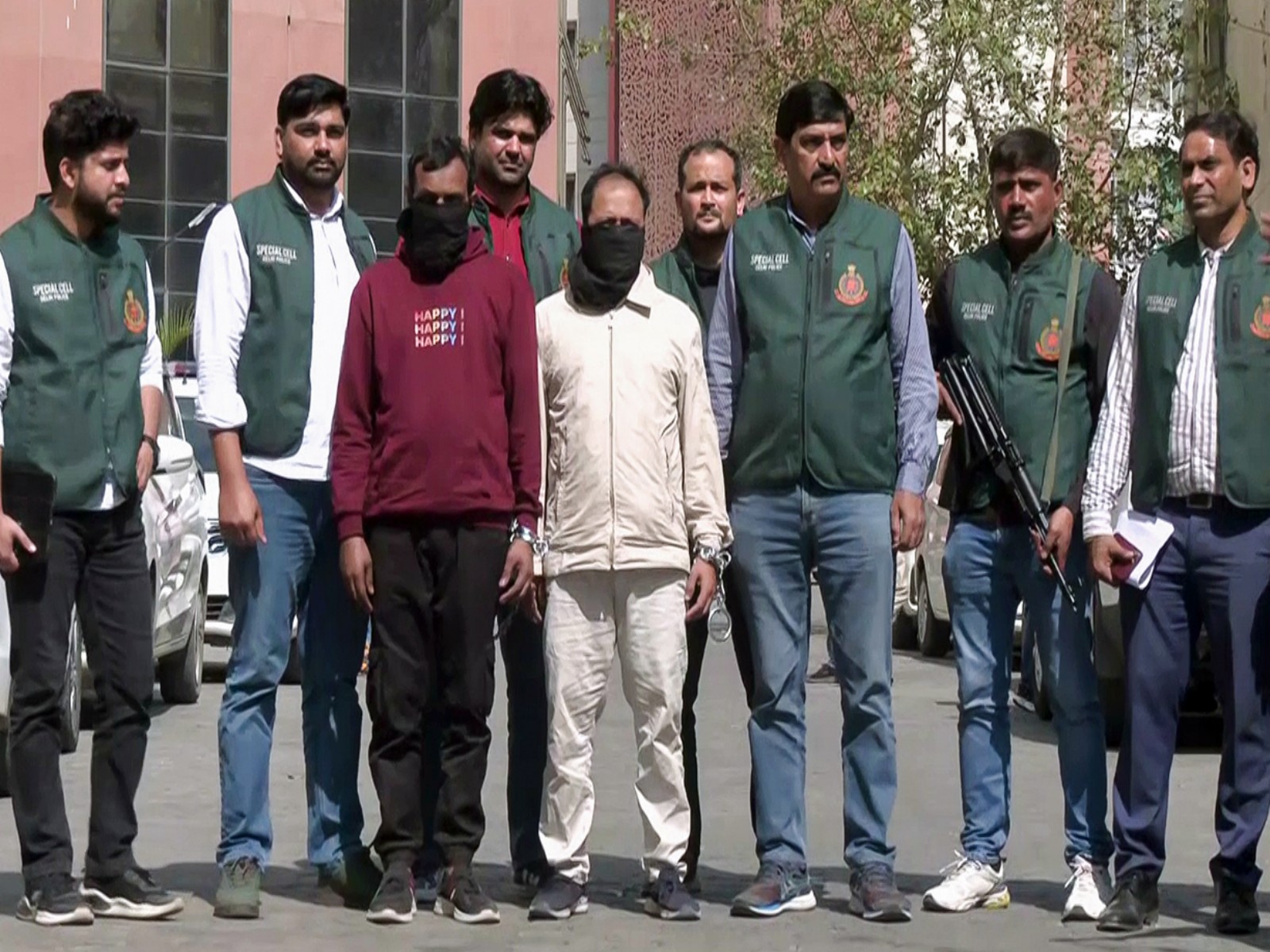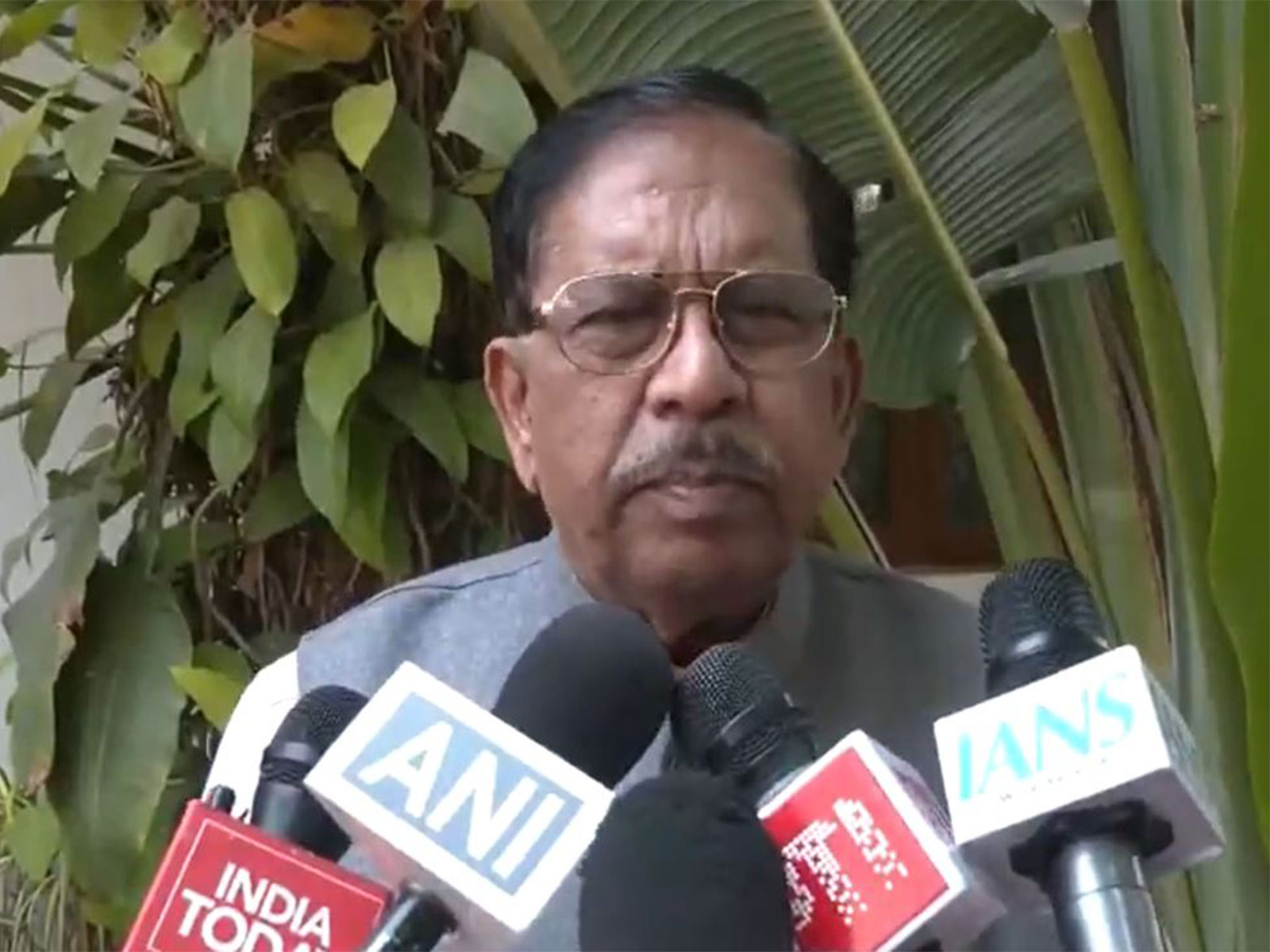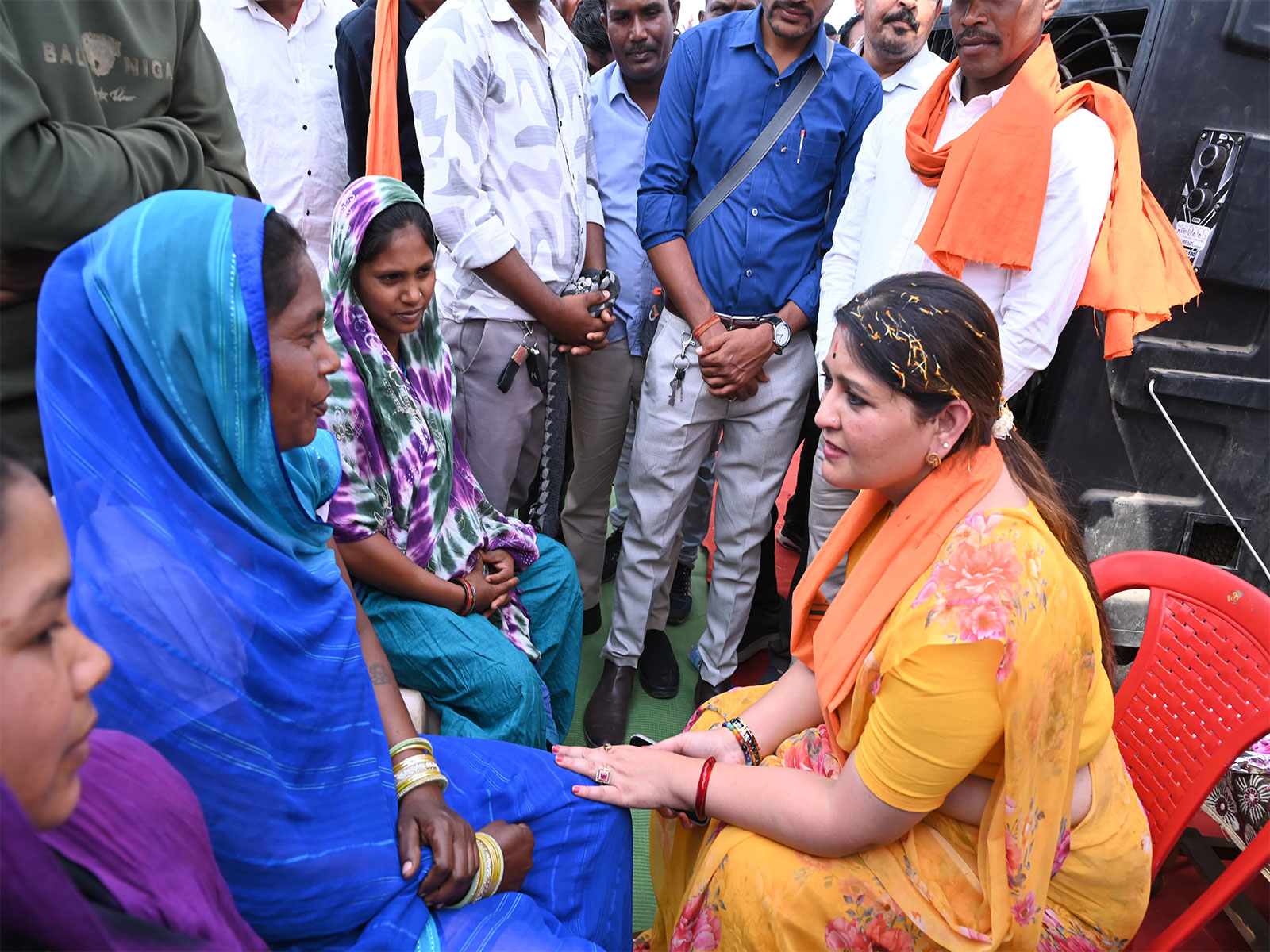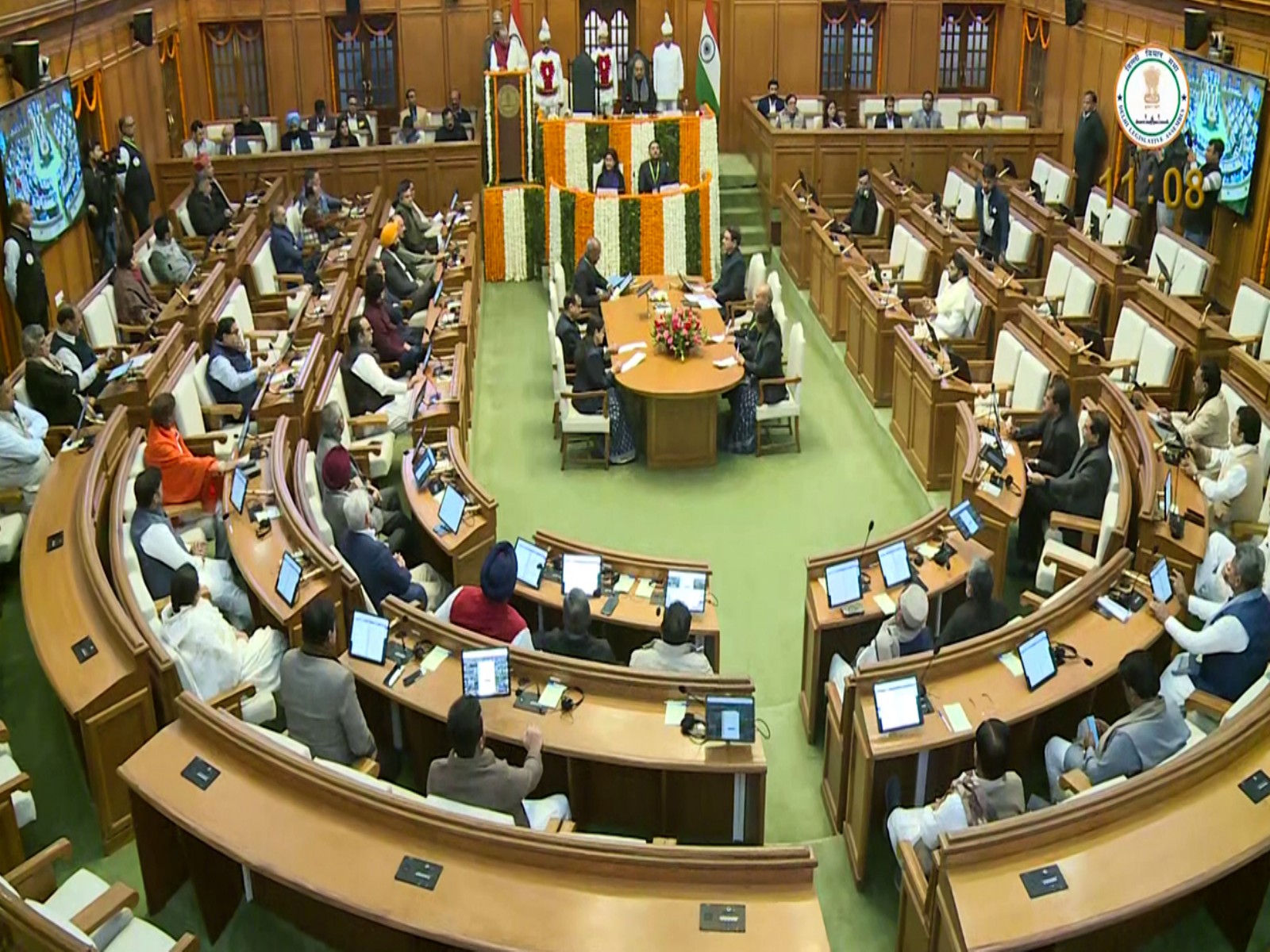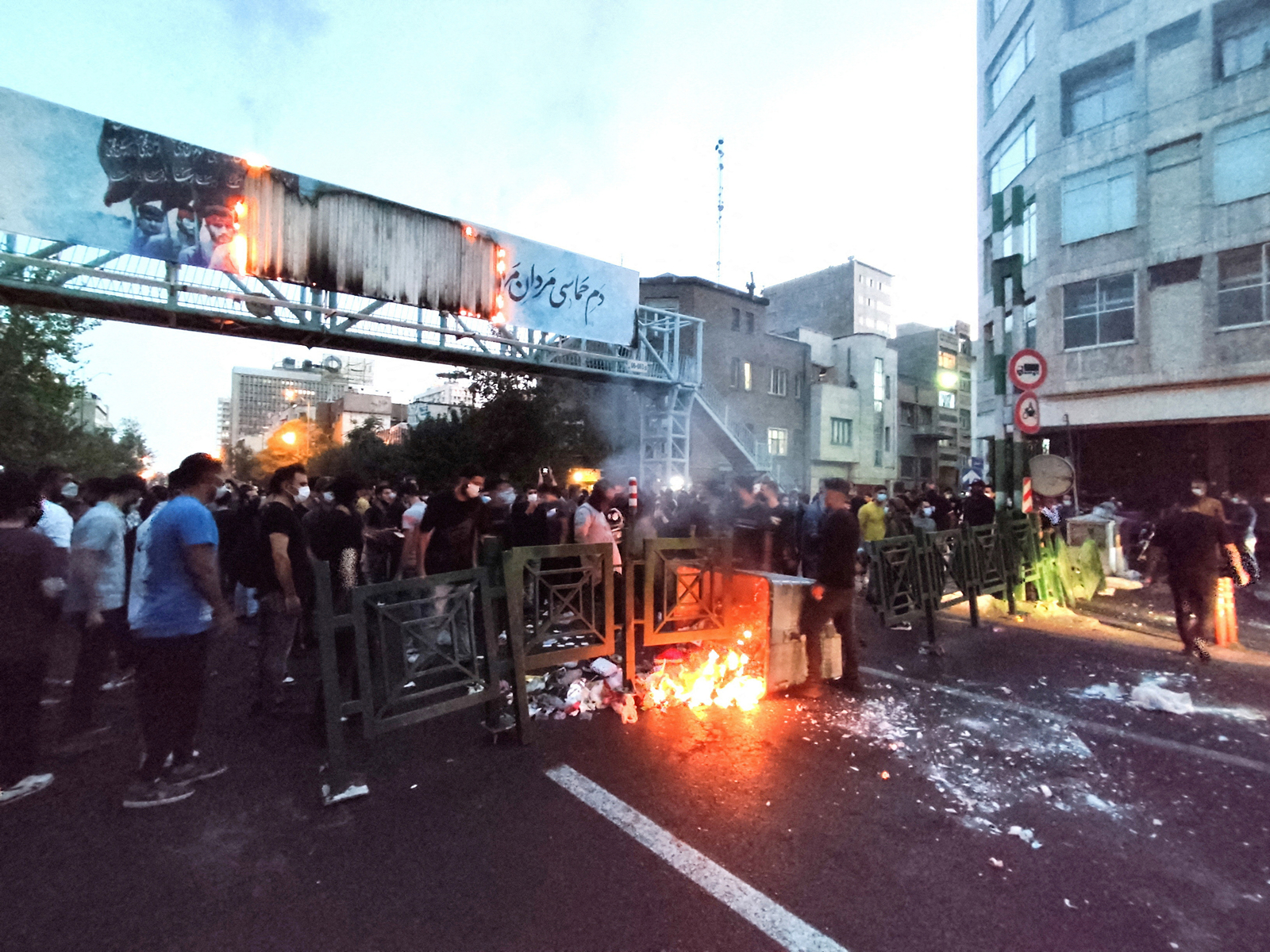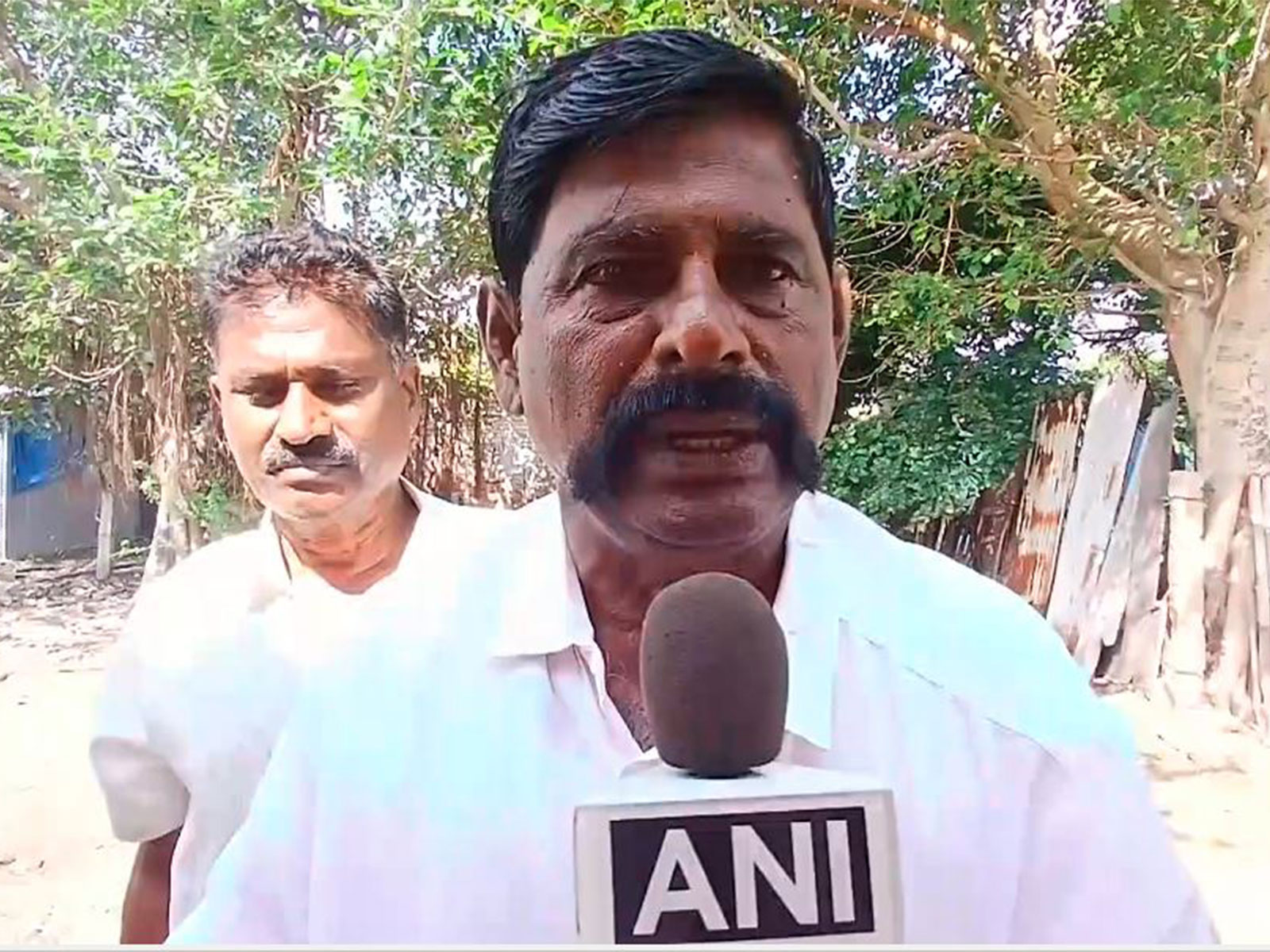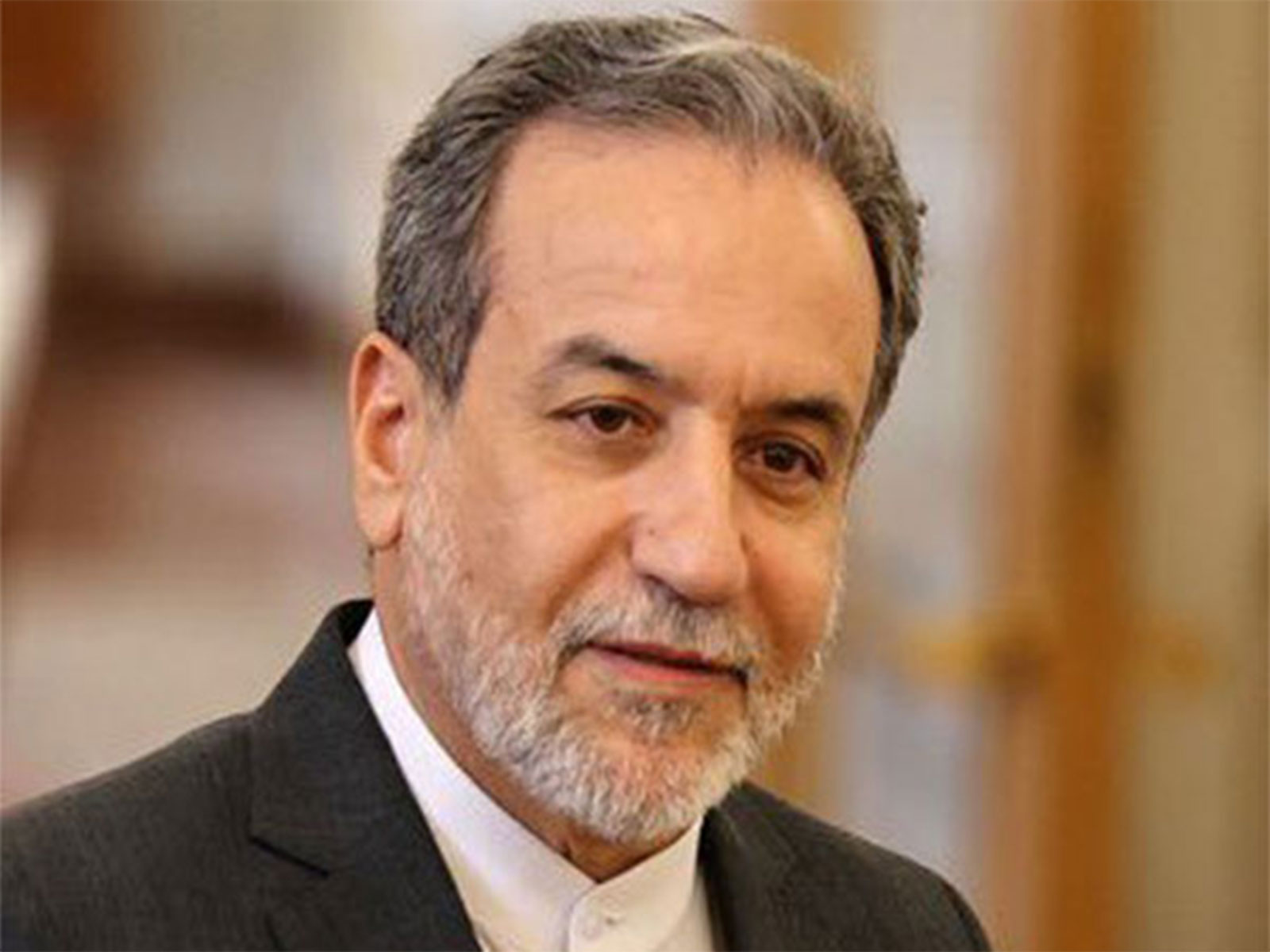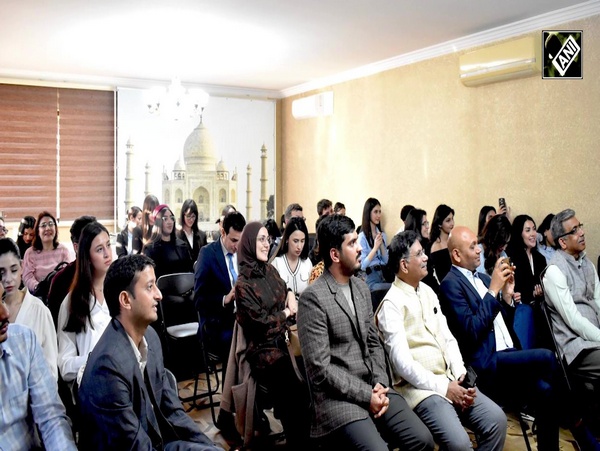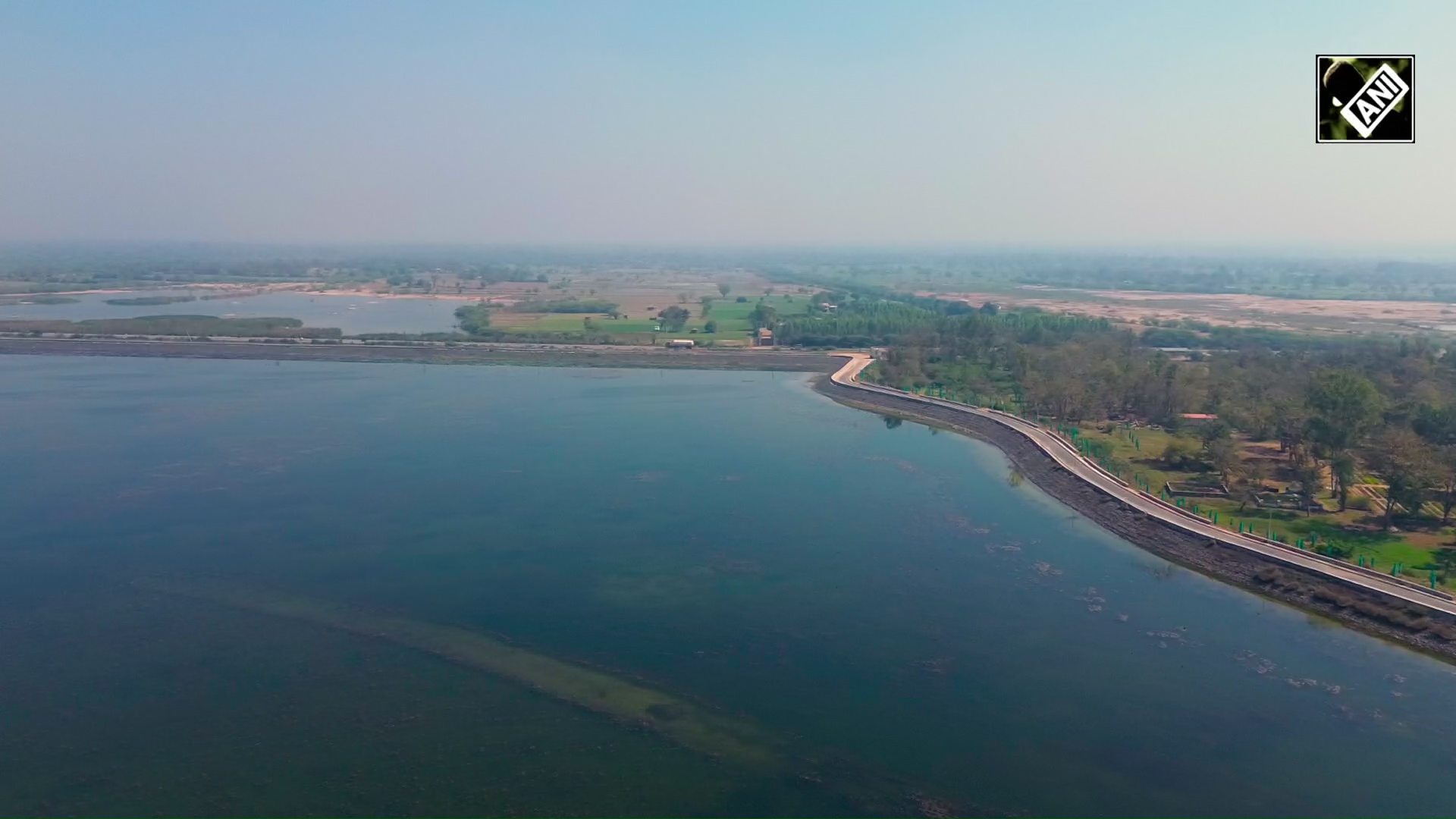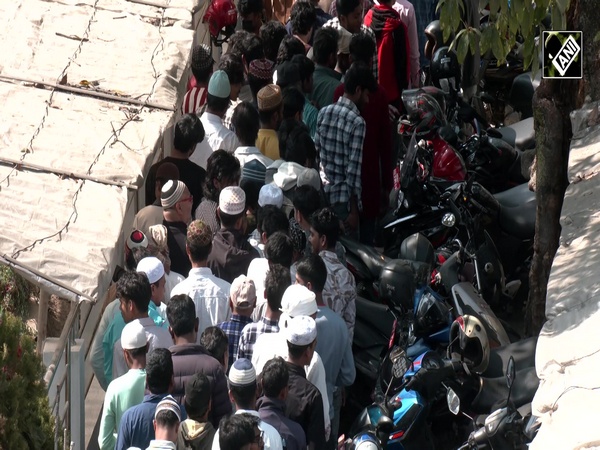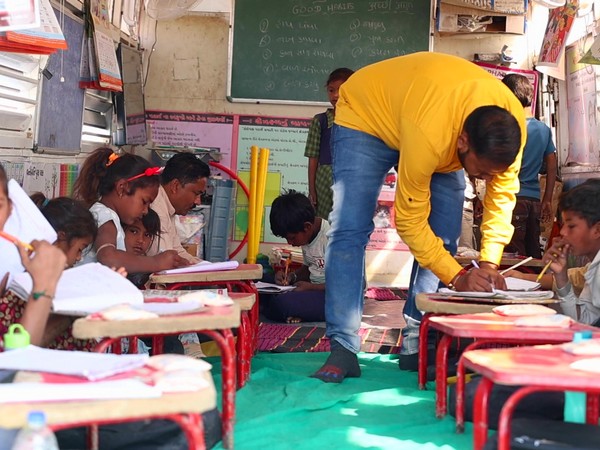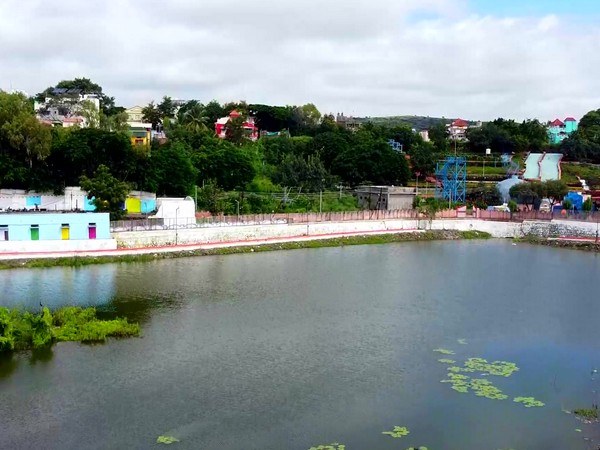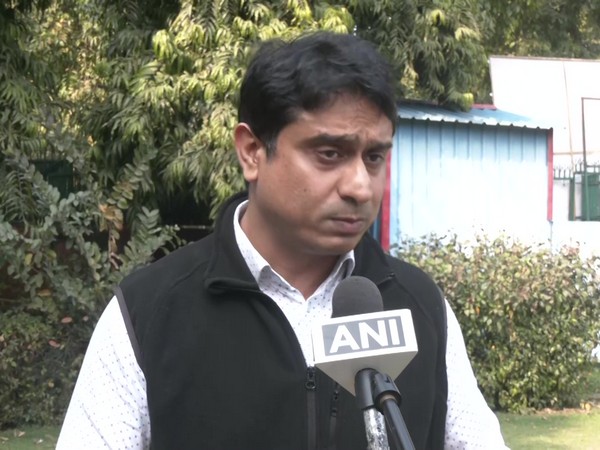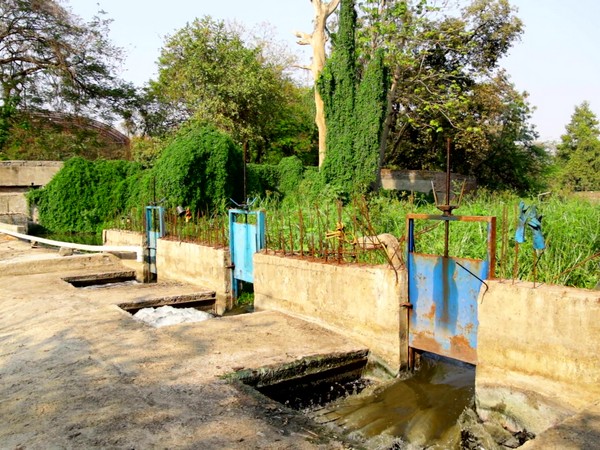Premature deaths due to cardiovascular and strokes in India are due to lack of awareness: Study
May 29, 2023

New Delhi [India], May 29 : Lack of awareness about the disease and delay in seeking appropriate treatment has been identified as the reason for deaths due to cardiovascular and stroke, reveals a study.
The study was conducted in some of the districts.
"Lack of timely care is a predictor of poor outcomes in acute cardiovascular emergencies including stroke. We assessed the presence of delay in seeking appropriate care among those who died due to cardiac/stroke emergencies in a community in northern India and identified the reasons and determinants of this delay," reads the study published in the Lancet group journal and the revelations made by the AIIMS New Delhi doctors.
"A small proportion of patients with cardiac and stroke emergencies reach health facilities early with delays at multiple levels. Addressing the reasons for delay could prevent these deaths," the interpretation done in the study stated.
According to the method applied in conducting the study authors of the study have mentioned, "We conducted a social audit among all civil-registered premature (30-69 years) deaths due to acute cardiac event or stroke in the district. The three-delays model was used to qualitatively classify the delays in care-seeking--deciding to seek care, reaching the appropriate health facility (AHF) and initiating definitive treatment. Based on the estimated time from symptom onset to reaching AHF, we classified patients as early (reached within one hour) or delayed arrivers. We used mixed-effect logistic regression with postal code as a random effect to identify determinants of delayed arrival."
"Only 10.8 per cent of the deceased reached an AHF within one hour. We noted level-1 delay in 38.4 per cent (60 per cent due to non-recognition of seriousness); level-2 delay in 20 per cent (40 per cent due to going to an inappropriate facility) and level-3 delay in 10.8 per cent (57 per cent due to lack of affordability)," it said.
In India, cardiovascular disease (CVD) accounts for 36 per cent of all deaths in the age group of 30-69 years. Preventing these deaths should be a public health priority globally as well as in India.
"Lack of timely care is one of the important predictors of poorer outcomes in cardiovascular emergencies. Delayed presentation leads to delay or failure to provide the most beneficial therapies like thrombolysis for myocardial infarction/ischemic stroke leading to poorer disease outcomes. It is estimated that interventions that reduce delays in care in patients with myocardial infarction (MI) could decrease the risk of mortality by 30 per cent. A study reported that every 30 min delay in MI patients increased 1-year mortality by 7.5 per cent," reads the study.
"We conducted a social audit among all civil-registered premature (30-69 years) deaths due to acute cardiac event or stroke in the district. The three-delays model was used to qualitatively classify the delays in care-seeking--deciding to seek care, reaching the appropriate health facility (AHF) and initiating definitive treatment. Based on the estimated time from symptom onset to reaching AHF, we classified patients as early (reached within one hour) or delayed arrivers. We used mixed-effect logistic regression with postal code as a random effect to identify determinants of a delayed arrival," it said.
The funding for the study is given by the Indian Council of Medical Research, New Delhi, India. But ICMR had no role in study design, data collection, data analysis, interpretation and writing of the paper.
The study was conducted in two out of three tehsils (Badkhal and Ballabgarh) of the Faridabad district of Haryana, India with an estimated population of 21 lakhs in 2020. We acquired a list of deaths registered between July 1, 2019, and June 30, 2020, from the Birth and Death Registrar's office of both tehsils after getting written permission from the Municipal Commissioner, Faridabad. While the initial list was retrospective, bi-monthly visits were made to update the list prospectively from September 2019. All premature (30-69 years of age) deaths that occurred during this period among the residents were arranged by geographical area (sector/village)," it added.
"From a total of 7164 deaths registered during the study period in the selected tehsils of Faridabad, 4089 (57 per cent) deaths between 30 and 69 years were identified. Among the 3415 deaths of residents of the selected tehsils, 519 had incorrect addresses and 382 interviews could not be done due to COVID-19-related movement restrictions. Of the 2466 deaths with verbal autopsies, 761 (30.8 per cent) were classified as due to CVDs. Of these, 517 deaths were classified as due to the pre-decided ICD codes and were eligible for assessment of delays in acute cardiac/stroke care. Social audits were done for 435 deaths and the remaining 82 could not be contacted or refused," it was mentioned further in the study.
